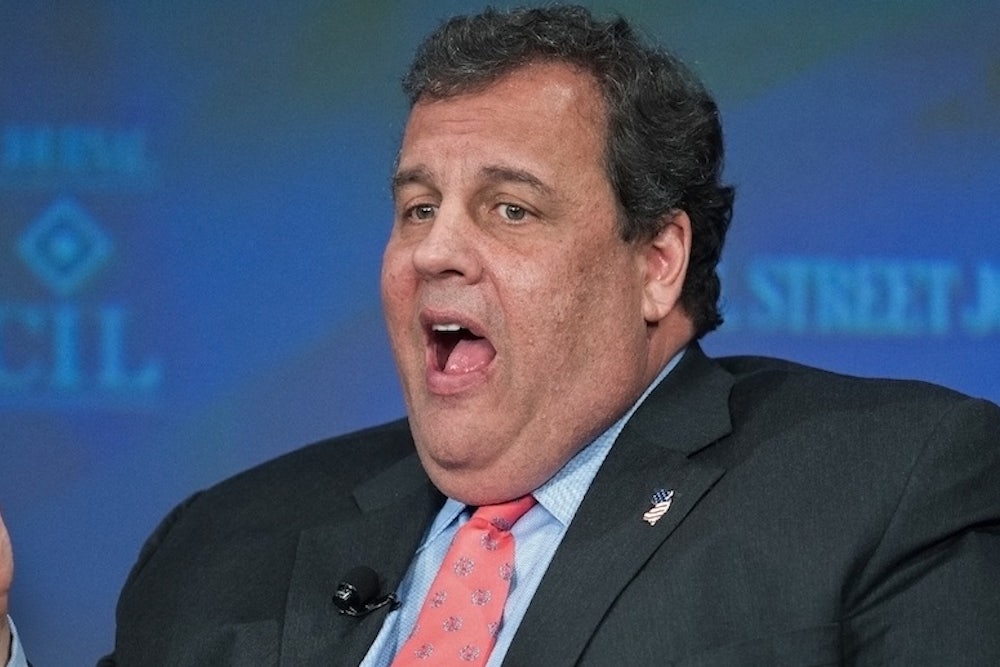Even before Bridgegate shattered Chris Christie’s reputation, his resume was riddled with examples of dishonesty. "Even as Christie was running against Jersey’s political culture," Alec MacGillis writes in The New Republic this week, "he was willing to borrow some of its uglier tactics.” As a candidate for office, Chris Christie made false accusations against his rivals. Throughout his career, he traded endorsements for funding and political appointments. Chris Christie is a hypocrite.
Do power and hypocrisy go hand in hand? Research suggests they do. For a 2010 paper in the journal Psychological Science, a team of social psychologists, led by Joris Lammers at the Netherlands’ Tilburg University, recruited hundreds of college students to take part in a series of studies looking at how feelings of power affect moral behavior and judgment of others’ behavior.
“Anecdotal evidence from various domains of society suggests that power undermines people’s sense of morality, corrupting their thoughts and behavior,” wrote Lammers and his co-authors. “We aimed to test whether there is a direct, causal link between the experience of power and moral hypocrisy.”
By moral hypocrisy, we mean a failure to follow one’s own expressed moral rules and principles. We propose that power increases hypocrisy, so that the powerful show a greater discrepancy between what they practice and what they preach than the powerless do….We propose that power inspires hypocrisy: It makes people stricter in moral judgments of others but less strict in their own behavior…. We propose that a crucial factor driving these two effects is that a position of power carries with it a sense of entitlement… As a result, the powerful feel they are entitled to deviate a bit from the moral rules that they demand other people follow.
In one experiment, the psychologists divided participants into two groups. They primed one group to feel powerful, and induced feelings of powerlessness in the other:
Participants in the high-power condition were asked to recall an experience of high power, and those in the low-power condition were asked to recall an experience of low power.
The students were told that, in exchange for participating in the study, they’d be entered into a lottery for cash prizes. To determine the number of lotto tickets they’d be given, they were told to go into a private cubicle, roll a pair of 10-sided dice, and tell the researchers what number turned up; this number would decide the number of lotto tickets they got. The average number for both groups, then, should have been 50. But it wasn’t: The powerful group was over-reporting their results.
There seems to be a correlation, then, between feelings of power and less-than-moral behavior.
But how does power affect judgments of others’ behavior? As Lammers predicted, the powerful held others to higher standards than themselves. The two groups were also asked to rank how acceptable it would be for employees to over-report traveling expenses, on a scale of one (“fully acceptable”) to nine (“fully unacceptable”).
